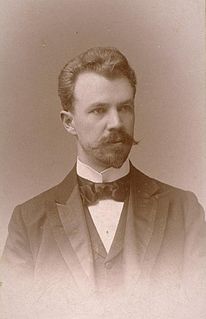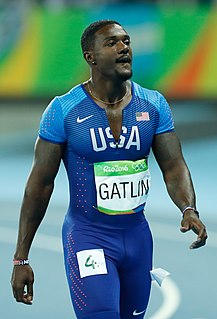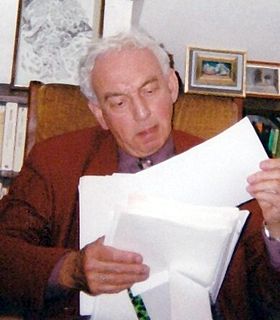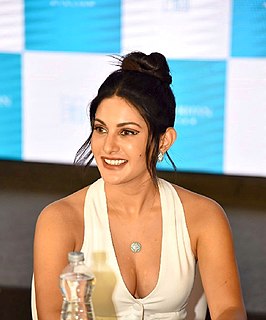A Quote by Lincoln Steffens
We know that there is no absolute knowledge, that there are only theories; but we forget this. The better educated we are, the harder we believe in axioms.
Related Quotes
Despite popular theories, I believe people fall in love based not on good looks or fate but on knowledge. Either they are amazed by something a beloved knows that they themselves do not know; or they discover a common rare knowledge; or they can supply knowledge to someone who's lacking. Hasn't everyone found a strange ignorance in someone beguiling? . . .Nowadays, trendy librarians, wanting to be important, say, Knowledge is power. I know better. Knowledge is love.
Even those who have desired to work out a completely positive philosophy have been philosophers only to the extent that, at the same time, they have refused the right to install themselves in absolute knowledge. They taught not this knowledge, but its becoming in us, not the absolute but, at most, our absolute relation to it, as Kierkegaard said. What makes a philosopher is the movement which leads back without ceasing from knowledge to ignorance, from ignorance to knowledge, and a kind of rest in this movement.
Absolute knowledge is only possible when you know the Absolute Truth and to have the Absolute Truth you have to go to the Absolute Being within you which is your Spirit. So, it gives you the truth, it gives you the collective consciousness. The main thing is that you become extremely peaceful personality, you become peace, you emit peace.
There are and can be only two ways of searching into and discovering truth. The one flies from the senses and particulars to the most general axioms, and from these principles, the truth of which it takes for settled and immovable, proceeds to judgment and to the discovery of middle axioms. And this way is now in fashion. The other derives axioms from the senses and particulars, rising by a gradual and unbroken ascent, so that it arrives at the most general axioms last of all. This is the true way, but as yet untried.
Fortunately or otherwise we live at a time when the average individual has to know several times as much in order to keep informed as he did only thirty or forty years ago. Being "educated" today requires not only more than a superficial knowledge of the arts and sciences, but a sense of inter-relationship such as is taught in few schools. Finally, being "educated" today, in terms of the larger needs, means preparation for world citizenship; in short, education for survival.
Suppose that we are wise enough to learn and know - and yet not wise enough to control our learning and knowledge, so that we use it to destroy ourselves? Even if that is so, knowledge remains better than ignorance. It is better to know - even if the knowledge endures only for the moment that comes before destruction - than to gain eternal life at the price of a dull and swinish lack of comprehension of a universe that swirls unseen before us in all its wonder. That was the choice of Achilles, and it is mine, too.

































